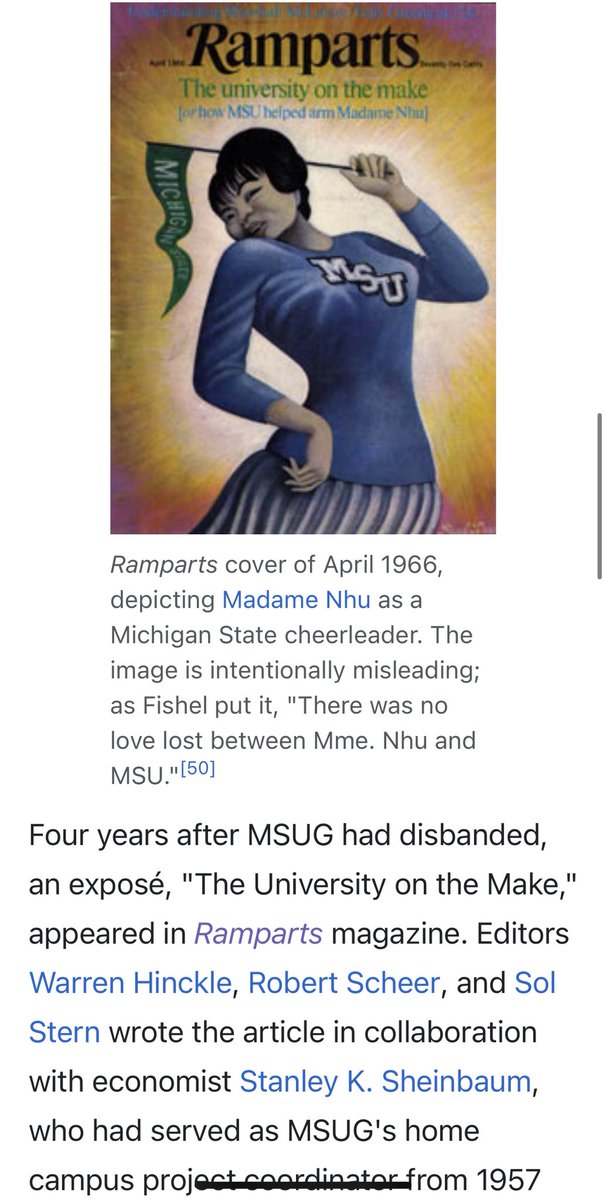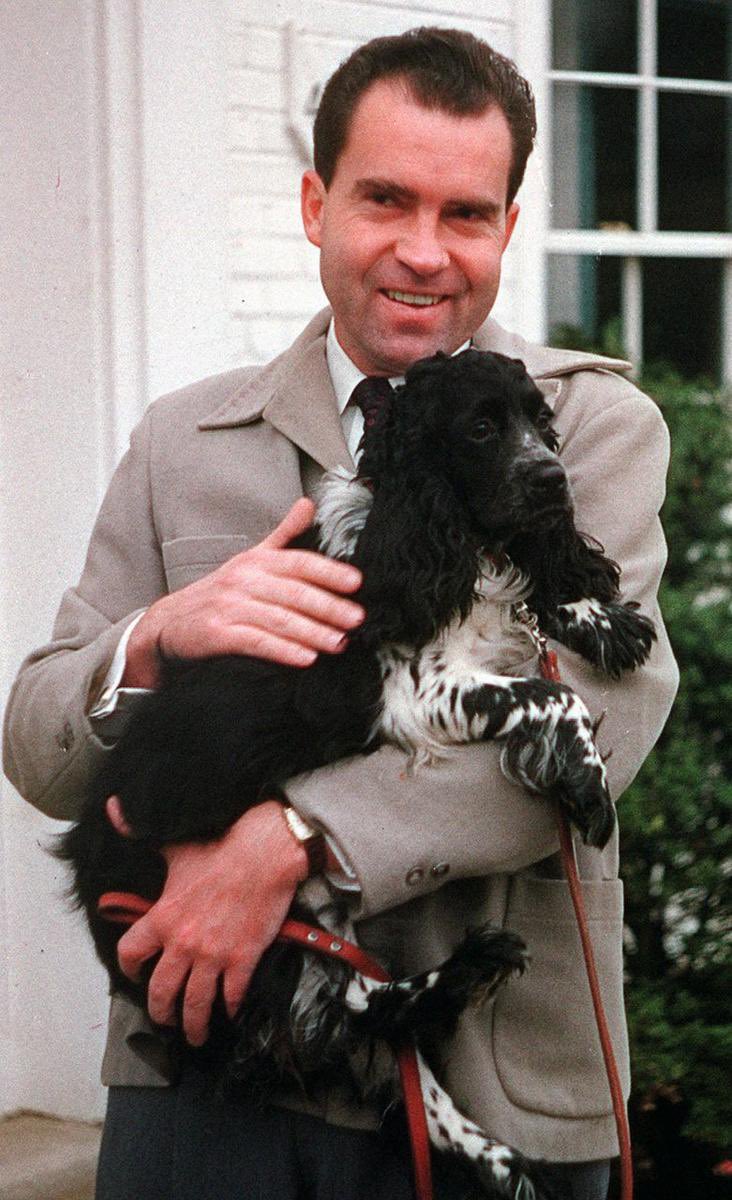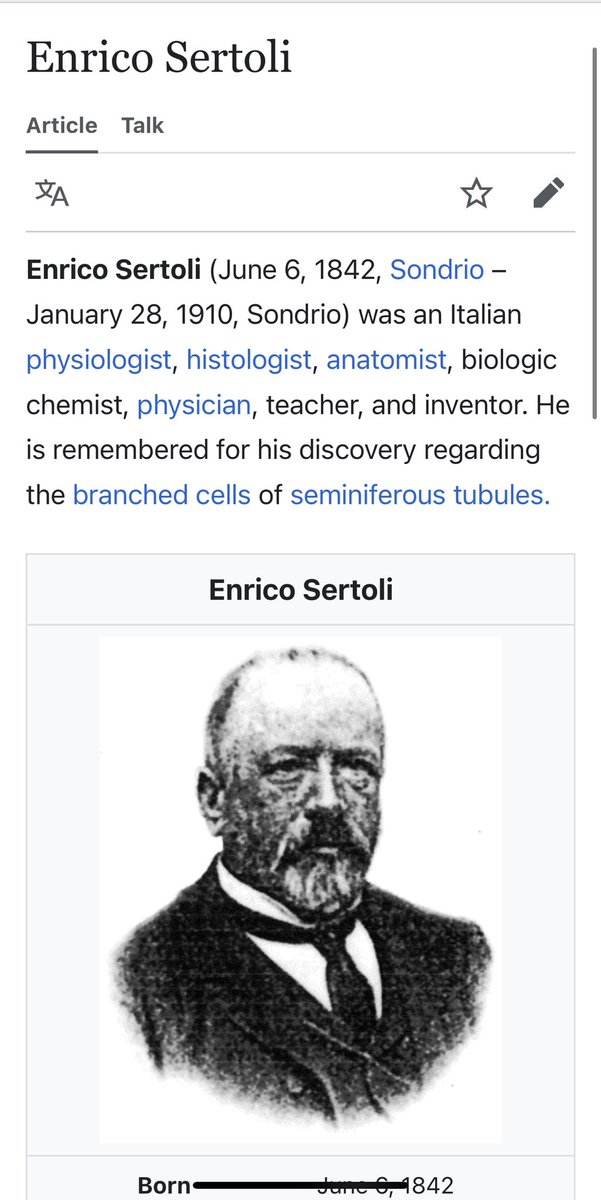Brian Michael Jenkins | Mineta Transportation Institute transweb.sjsu.edu/Brian-Michael-…
He has served on U.S. and international task forces investigating terrorist attacks, including as a member of the White House Commission on Aviation Safety and Security under President Clinton, as advisor to the National Commission on Terrorism, and as senior advisor to the 

president of RAND. From 1989-1998, Mr. Jenkins was deputy chairman of Kroll Associates, an international investigative and consulting firm. Before that, he was chairman of RAND’s Political Science Department, where he also directed RAND’s research on political violence.
On March 13, 2018, it was reported that Duff & Phelps Corp. would buy Kroll, Inc. The company was acquired five years later, in 1989, in a $146 million management buyout. The buyout was backed by Freeman, Spogli & Co., a private equity firm, which controlled approximately two-
thirds of the company, and management and employees owning the remaining third of the company's equity. On December 30, 2012, Duff & Phelps, announced that it had entered into a definitive merger agreement under which a consortium, comprising controlled affiliates of or funds
managed by The Carlyle Group, Stone Point Capital LLC, Pictet & Cie and Edmond de Rothschild Group.
After the acquisition of Kroll, Inc. in 2018, on 24 February 2021, Duff & Phelps announced plans to change the company name to Kroll. Certain Duff & Phelps businesses will operate as “Duff & Phelps, A Kroll Business,” for a period of time during the transition. “Companies are 

working in a borderless world,” said Jeremy Kroll, a co-founder of K2 Intelligence, about online security threats. In December 2012, K2 Intelligence acquired Thacher Associates, which oversaw the cleanup of the World Trade Center site. Helped Harvey Weinstein cover up various
sexual assault allegations and worked with Manhattan district attorney, Cyrus Vance Jr. to protect Weinstein's reputation and at the same time silence and smear his victims character. Vance graduated from Kent School in 1935[6] and earned a bachelor's degree in 1939 from
Yale College,[6] where he was a member of the secret society Scroll and Key. He also earned three varsity letters in ice hockey at Yale. He graduated from Yale Law School in 1942.[6] While there, his classmates included Sargent Shriver, William Scranton, Stanley Rogers Resor,
and William Bundy, with all of whom he would later work. In 1957, Senator Lyndon B. Johnson asked Vance to leave Wall Street to work for the United States Senate Committee on Armed Services, where he helped draft the National Aeronautics and Space Act, leading to the creation of 







NASA.
In 1961, Defense Secretary Robert McNamara recruited Vance to become General Counsel of the Department of Defense. Vance served as a deputy to W. Averell Harriman during the Paris Peace Accords, which were a failure due to the duplicity of the South Vietnamese.



In 1961, Defense Secretary Robert McNamara recruited Vance to become General Counsel of the Department of Defense. Vance served as a deputy to W. Averell Harriman during the Paris Peace Accords, which were a failure due to the duplicity of the South Vietnamese.




Vance served as a deputy to W. Averell Harriman during the Paris Peace Accords, which were a failure due to the duplicity of the South Vietnamese. When revolution erupted in Iran in late 1978, the two were divided on how to support the United States' ally the Shah of Iran. 







Vance argued in favor of reforms while Brzezinski urged him to crack down – the 'iron fist' approach. Unable to receive a direct course of action from Carter, the mixed messages that the Shah received from Vance and Brzezinski contributed to his confusion and indecision as he 







fled Iran in January 1979 and his regime collapsed. His attempt to surreptitiously negotiate a solution to the Iran hostage crisis with Ayatollah Ruhollah Khomeini through the Palestine Liberation Organization failed badly. Believing that diplomatic initiatives could see the 







hostages safely returned home, Vance initially fought off attempts by Brzezinski to pursue a military solution. Vance, struggling with gout, went to Florida on Thursday, April 10, 1980, for a long weekend.[8] On Friday, the National Security Council held a newly scheduled 







meeting and authorized Operation Eagle Claw, a military expedition into Tehran to rescue the hostages.[8] Deputy Secretary Warren Christopher, who attended the meeting in Vance's place, did not inform him.[8]
Furious, on April 21[10] Vance handed in his resignation on principle,



Furious, on April 21[10] Vance handed in his resignation on principle,




calling Brzezinski "evil". The only Secretaries of State who had previously resigned in protest were Lewis Cass, who resigned in the buildup to the Civil War, and William Jennings Bryan, who resigned in the buildup to World War I. 







It's not possible to verify Mr Whelan's account as even defence lawyers here have to sign a non-disclosure agreement in spy trials and the court hearings themselves were closed and top-secret.
But Paul Whelan was led to believe that Russia wanted to trade him from the start.

But Paul Whelan was led to believe that Russia wanted to trade him from the start.


He says two names were always mentioned: arms dealer Victor Bout and Konstantin Yaroshenko, convicted on a drug smuggling charge - Russians in prison in the United States. Elizabeth Whelan has created photoshopped images of her next to Foreign Minister Sergei Lavrov while 

holding a sign that says "Free Paul Whelan"
She's been trying to nudge things along, posting flash drives to the Russian foreign ministry stamped with the hashtag #freepaulwhelan. They were posted back.
Once a globe-trotting security adviser, Paul Whelan now spends his days



She's been trying to nudge things along, posting flash drives to the Russian foreign ministry stamped with the hashtag #freepaulwhelan. They were posted back.
Once a globe-trotting security adviser, Paul Whelan now spends his days




sewing prison uniforms in the camp "workhouse", his fate deeply entangled in the dire relationship between Moscow and the Wes 







He started as an IT project manager for a company called Kelly Services in the early 2000s, but deployed with the marines within a couple of years on the first of two tours to Iraq, in 2004 and then 2006. He left the company in 2016, moving to become director of global security 







for US-based automotive components supplier BorgWarner.
Russia's FSB state security agency says he was "caught spying" in Moscow.
There were uncorroborated reports he had been caught receiving a digital storage device containing a list of intelligence officials.
There was also



Russia's FSB state security agency says he was "caught spying" in Moscow.
There were uncorroborated reports he had been caught receiving a digital storage device containing a list of intelligence officials.
There was also




speculation over other possible motives for the arrest - including a suggestion Mr Whelan was detained so he could be exchanged with Maria Butina, a Russian gun rights activist, who was jailed in the US in December 2018. She was deported back to Russia in October 2019.
David



David




Whelan, meanwhile, has dismissed the allegations as nonsense.
"I can't imagine how someone with a law enforcement background who is also a former US Marine, and who is now working in corporate security and is also aware of the risks of travel, would have broken any law let alone



"I can't imagine how someone with a law enforcement background who is also a former US Marine, and who is now working in corporate security and is also aware of the risks of travel, would have broken any law let alone




the law related to espionage," he said. Former CIA officers have stated that the CIA would not recruit an officer with Whelan's military record, nor leave an officer exposed without a diplomatic passport. They further claim that Whelan's arrest is connected to tensions between 







Russia and the United States, including the detention of confessed unregistered foreign agent Maria Butina. On December 20, 2018, when discussing Butina's arrest, Russian President Vladimir Putin stated that Russia "will not arrest innocent people simply to exchange them".[1] 







U.S. Ambassador to Russia Jon Huntsman Jr. met with Whelan on January 2, while Whelan was in Russian custody. 







• • •
Missing some Tweet in this thread? You can try to
force a refresh

















